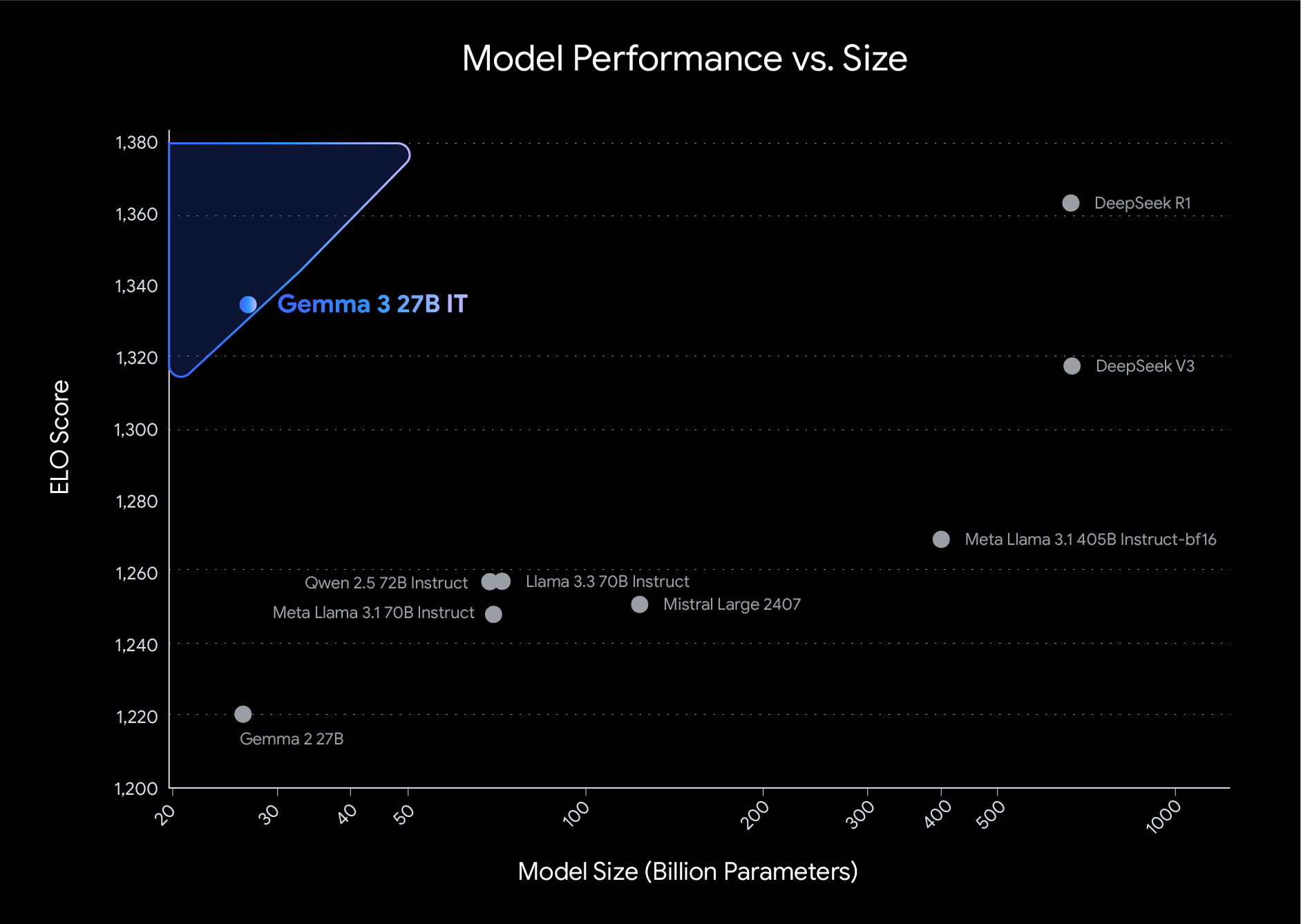You can always talk to me
“It looks like you’re trying to find a friend. Would you like help?”

I love you too, Mico. Credit: Microsoft
Microsoft is rolling out a new face for its AI, and its name is Mico. The company announced the new, animated blob-like avatar for Copilot’s voice mode yesterday as part of a “human-centered” rebranding of Microsoft’s Copilot AI efforts.
Mico is part of a Microsoft program dedicated to the idea that “technology should work in service of people,” Microsoft wrote. The company insists this effort is “not [about] chasing engagement or optimizing for screen time. We’re building AI that gets you back to your life. That deepens human connection.”
Mico has drawn instant and obvious comparisons to Clippy, the animated paperclip that popped up to offer help with Microsoft Office starting in the ’90s. Microsoft has leaned into this comparison with an Easter egg that can transform Mico into an animated Clippy.
“Clippy walked so that we could run,” Microsoft AI Corporate VP Jacob Andreou joked in an interview with The Verge. “We all live in Clippy’s shadow in some sense.”
An Easter egg transforms Microsoft’s Mico into the old Office assistant Clippy. Credit: The Verge / Microsoft
But while Clippy was an attempt to strengthen our connection to sterile Windows Help menus, Mico seems focused more on strengthening the parasocial relationships many people are already developing with LLMs. The defining interaction with Clippy was along the lines of “It looks like you’re writing a letter, would you like some help?” With Mico, the idea seems to be “It looks like you’re trying to find a friend. Would you like help?”
Just another voice from the black rectangle
The term “parasocial relationship” was coined by academics in the ’50s to describe the feeling of intimacy that can develop between an audience and a media celebrity. Through repeated exposure, members of the audience can come to feel like they know the celebrity as a friend, even if the celebrity doesn’t know them at all.
While mass media like radio, movies, and television can all feed into parasocial relationships, the Internet and smartphone revolutions have supercharged the opportunities we all have to feel like an online stranger is a close, personal confidante. From YouTube and podcast personalities to Instagram influencers or even your favorite blogger/journalist (hi), it’s easy to feel like you have a close connection with the people who create the content you see online every day.
After spending hours watching this TikTok personality, I trust her implicitly to sell me a purse.
Credit: Getty Images
After spending hours watching this TikTok personality, I trust her implicitly to sell me a purse. Credit: Getty Images
Viewing all this content on a smartphone can flatten all these media and real-life personalities into a kind of undifferentiated media sludge. It can be all too easy to slot an audio message from your romantic partner into the same mental box as a stranger chatting about video games in a podcast. “When my phone does little mating calls of pings and buzzes, it could bring me updates from people I love, or show me alerts I never asked for from corporations hungry for my attention,” Julie Beck writes in an excellent Atlantic article about this phenomenon. “Picking my loved ones out of the never-ending stream of stuff on my phone requires extra effort.”
This is the world Mico seems to be trying to slide into, turning Copilot into another not-quite-real relationship mediated through your mobile device. But unlike the Instagram model who never seems to acknowledge your comments, Mico is always there to respond with a friendly smile and a warm, soothing voice.
AI that “earns your trust”
Text-based AI interfaces are already frighteningly good at faking human personality in a way that encourages this kind of parasocial relationship, sometimes with disastrous results. But adding a friendly, Pixar-like face to Copilot’s voice mode may make it much easier to be sucked into feeling like Copilot isn’t just a neural network but a real, caring personality—one you might even start thinking of the same way you’d think of the real loved ones in your life.
You can trust me… don’t I have an honest face?
Microsoft even admits that this is the point on some level. Twice in its “human-centered AI” announcement, the company talks about wanting to build an AI that “earns your trust.” Mico in particular “shows up with warmth [and] personality” by “react[ing] like someone who truly listens,” making “voice conversations feel more natural… [and] creating a friendly and engaging experience.” In his Verge interview, Andreou said that with Mico, “all the technology fades into the background, and you just start talking to this cute orb and build this connection with it.”
That sounds less like technology focused on “deepen[ing] human connection” and more like the kind of technology that’s about “chasing engagement or optimizing for screen time.” After all, an AI that’s easier to talk to is an AI you’ll want to talk to more—and potentially pay more to access. If an AI chatbot with a warm, friendly face “earns your trust,” you’re a lot less likely to listen to the AI skeptics that generate what Microsoft calls “a lot of noise around AI.”
Say what you want about Clippy, but a text-based Help menu can’t do any of this.
It’s unclear if Mico will end up being a beloved parasocial friend to millions of Copilot users or more of an ironically remembered annoyance like Clippy. But it won’t be the last attempt to put a cute, trustworthy face on large language models that don’t necessarily merit that level of trust. And we should all be wary of the parasocial psychology these efforts can feed into.
Kyle Orland has been the Senior Gaming Editor at Ars Technica since 2012, writing primarily about the business, tech, and culture behind video games. He has journalism and computer science degrees from University of Maryland. He once wrote a whole book about Minesweeper.







